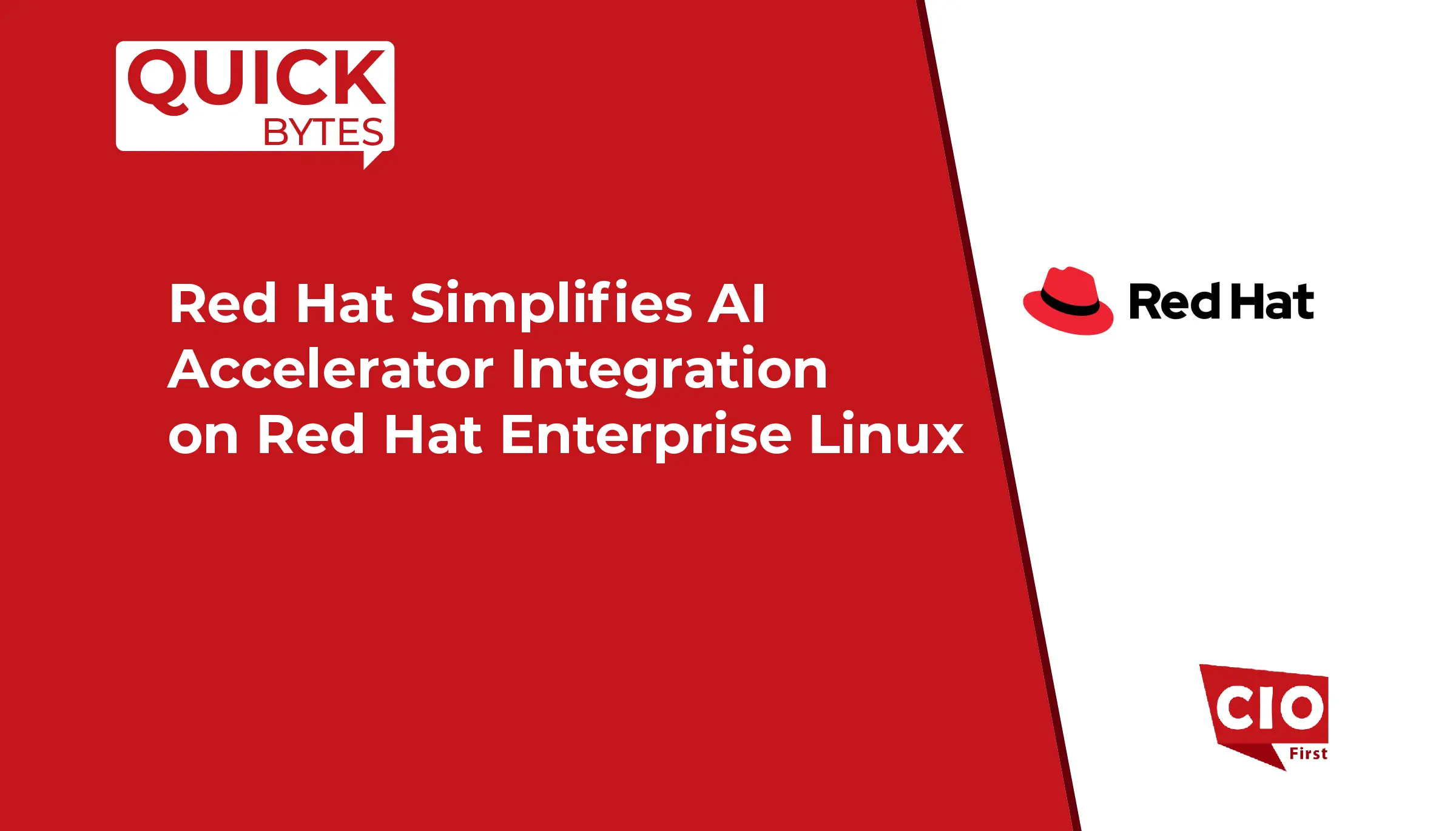Frontegg, a leader in Customer Identity and Access Management (CIAM) solutions, has launched Frontegg.ai—the first identity management platform specifically designed for developers building AI agents. This new offering aims to streamline the development process by providing a comprehensive suite of tools for authentication, authorization, and integration, enabling faster deployment of AI-driven applications.
Frontegg.ai addresses the unique challenges faced by AI agent developers, who often struggle with adapting traditional identity infrastructures to meet the dynamic needs of autonomous agents. By offering a purpose-built solution, Frontegg.ai eliminates the need for developers to piece together disparate identity components, reducing development time and potential security risks.
Also Read: Netwrix Enhances 1Secure SaaS Platform with AI-Driven Data and Identity Security Solutions
Key features of Frontegg.ai include:
-
Multi-Tenant Authentication: Quickly onboard users and organizations with secure, multi-tenant user authentication, utilizing Frontegg’s hosted flows and managed user pools.
-
Unified Integration Infrastructure: Simplify OAuth flows and token management for integrations with tools like Slack, Google Calendar, Jira, and HubSpot, allowing developers to focus on core functionalities.
-
Granular Authorization Controls: Implement fine-grained roles, permissions, and security policies to manage agent capabilities and enforce feature usage based on subscription plans.
Frontegg.ai also introduces the Model Context Protocol (MCP), which enables developers to scaffold a fully functional identity layer within their Integrated Development Environment (IDE) using a single prompt. This feature accelerates the development process, allowing for the creation of a standalone AI agent product in approximately five minutes.
Currently in beta, Frontegg.ai is available for free to all users. The company plans to update its pricing model upon general availability.
























